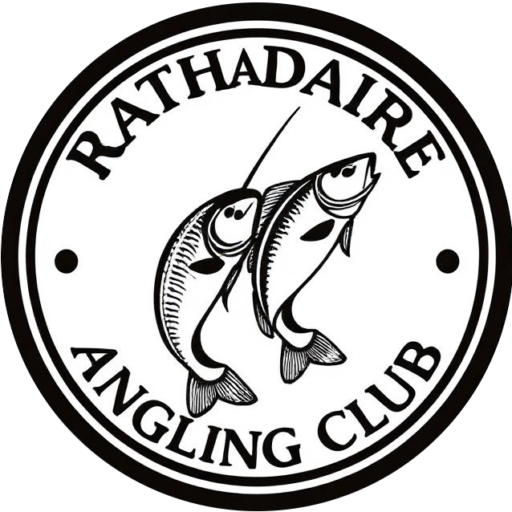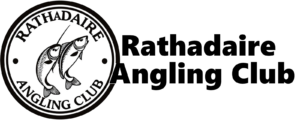@nannettewearne
Profile
Registered: 3 weeks, 1 day ago
Understanding the Levels of Recovery in Substance Abuse Programs
Recovery from substance abuse is a lifelong journey that unfolds in stages. Each stage builds upon the final, providing individuals the tools, mindset, and support needed to beat addiction and preserve long-term sobriety. By understanding these levels, those struggling with substance use—and their households—can higher prepare for the challenges and milestones along the way.
Stage 1: Acknowledging the Problem
The primary stage of recovery is recognition. Many individuals struggling with substance abuse initially deny or decrease their situation. Acknowledgment happens when an individual realizes that medication or alcohol are negatively impacting their health, relationships, or every day responsibilities. This stage is usually marked by a sense of awareness and the choice to seek help. While it will be probably the most troublesome step, it can be essentially the most critical, as no recovery can start without honest acceptance of the problem.
Stage 2: Cleansing and Withdrawal
As soon as the problem is acknowledged, detoxing typically follows. Detox is the process of clearing the substance from the body, often under medical supervision. Depending on the severity of addiction, withdrawal symptoms can range from mild discomfort to critical health risks. Medically assisted detox programs provide safe monitoring and will use drugs to ease withdrawal. This stage prepares the body for the work of recovery, but detox alone is just not considered treatment—it is just the beginning.
Stage three: Rehabilitation and Therapy
Rehabilitation addresses the undermendacity causes of addiction. In this stage, individuals participate in counseling, behavioral therapies, or group sessions designed to uncover triggers and develop coping strategies. Inpatient rehab presents structured care in a residential setting, while outpatient programs permit individuals to proceed each day routines with scheduled therapy sessions. Cognitive-behavioral therapy (CBT), family counseling, and peer support are frequent approaches that assist individuals build resilience and healthier habits.
Stage 4: Early Recovery and Building New Habits
Early recovery is a fragile but hopeful stage. After completing a rehab program, individuals should be taught to navigate life without substances. This usually includes creating new routines, avoiding environments related with past use, and establishing a support network. Accountability is key during this stage, which is why many people turn to 12-step programs, sober residing homes, or recovery support groups. Growing healthy habits corresponding to exercise, journaling, or mindfulness practices may strengthen the foundation for lasting sobriety.
Stage 5: Maintenance and Long-Term Recovery
Recovery does not end after treatment—it is a lifelong process. In the upkeep stage, individuals proceed to practice the skills discovered in therapy and remain committed to their sobriety goals. This might embody regular therapy check-ins, participation in help groups, or ongoing personal development. Relapse prevention strategies are vital during this stage, as triggers and stressors can still arise unexpectedly. By sustaining concentrate on long-term wellness, individuals reduce the risk of relapse and strengthen their recovery journey.
Stage 6: Growth and Fulfillment
The final stage of recovery extends beyond avoiding substance use. It is about making a significant and fulfilling life in sobriety. Many individuals in this stage pursue training, career goals, artistic shops, or volunteer work that offers them a way of purpose. By contributing positively to their communities and building sturdy personal relationships, they discover joy and stability that help a drug-free lifestyle. Growth is about transformation—turning the lessons of recovery into a lifelong path of self-improvement.
Why Understanding the Phases Matters
Recognizing these stages helps individuals and families set realistic expectations. Recovery will not be a straight line; setbacks and relapses could occur. Nonetheless, with proper assist, each stage brings progress and hope. Substance abuse programs are designed to guide folks step-by-step, ensuring that no one has to face the journey alone.
If you loved this article and you would like to receive additional facts pertaining to substance abuse treatment Virginia kindly see the page.
Website: https://www.perplexity.ai/search/novara-recovery-center-virgini-8EBN9dQlTdyU4HNeMxgl_A
Forums
Topics Started: 0
Replies Created: 0
Forum Role: Participant

